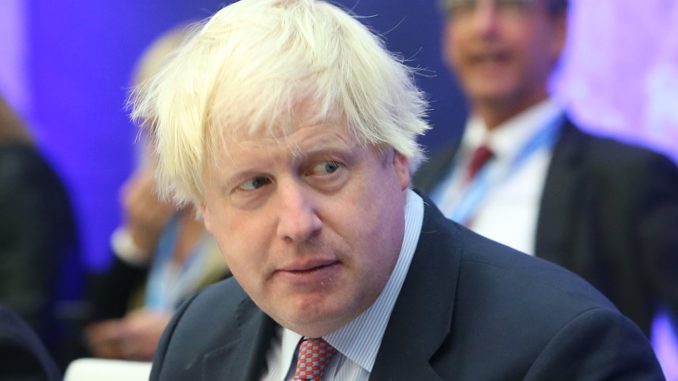
Yesterday, the UK House of Commons voted on the Internal Market Bill. It passed its initial test with a final tally of 340 Yea against 263 Nay. It is a simple bill designed to provide guidance for local governors following Brexit. As things stand, when Brexit completes, ministers in Great Britain, Wales, Scotland and Northern Ireland will have the ability to set their own standards on a variety of topics which are currently regulated by the EU. The Internal Market Bill seeks to standardize rules throughout all UK countries on things like air quality and food inspections.
As with many items related to Brexit, the issues of dealing with the transition are complex. The bill is not. The result is that, without the bill, a situation would be created whereby Scotland, Wales and Northern Ireland would be allowed to set a number of their own rules for trade-related topics.
This is a serious problem for a few reasons. Foremost among them, because while Northern Ireland is a member of the UK, Ireland – the southern portion – remains in the European Union, and is subject to all associated rules and restrictions. A major concern during Brexit has been the possible return of a hard border – a guarded, monitored, restricted line – between the segment of the island that is Northern Ireland and the main body of Ireland. As a way to avoid having a hard border established, the UK has agreed to allow Northern Ireland to remain under key EU trade rules.
The Internal Market Bill effectively tosses that agreement away. While it does not directly contradict the existing agreement with the EU, it specifically authorizes UK officials to jettison – “disapply”, in the wording of the bill – any of the EU rules they find problematic.
Following the release of the proposed bill last week, the EU representative issued an official statement to the press. They have demanded the bill be withdrawn, and warn they will pursue legal action in response to the blatant preparations for treaty violation.
This is particularly problematic because there is little time remaining to finish negotiating a treaty for various trade and social issues prior to the established Brexit deadline. This action, if it passes through, will effectively guarantee a “hard Brexit”… a clean break with no significant lingering ties and an immediate and large reduction in trade and interaction between UK nations and the EU.
There are also significant complaints from the governments of Scotland and Wales because this is being seen as an effort to consolidate authority in London. It runs counter to the promises of “devolution” which were made as part of the Brexit vote, and is being widely described as a power grab.
The vote yesterday was only the first hurdle for the bill, but the current makeup of Parliament renders the final passage likely because of the public support of Boris Johnson. On the other hand, there have been some small defections from Conservative MPs already, a menber of Johnson’s administration has resigned due to the blatant flouting of international law, a consolidation of opposition to the bill has developed with the MPs of nearly all other parties, and public statements of concern have been issued by prominent Conservative Party ex-officials.
A full breakdown of the bill, with relevant concerns, has been issued by the UK’s Institute for Government, a fairly nonpartisan think tank.

1 Trackback / Pingback
Comments are closed.